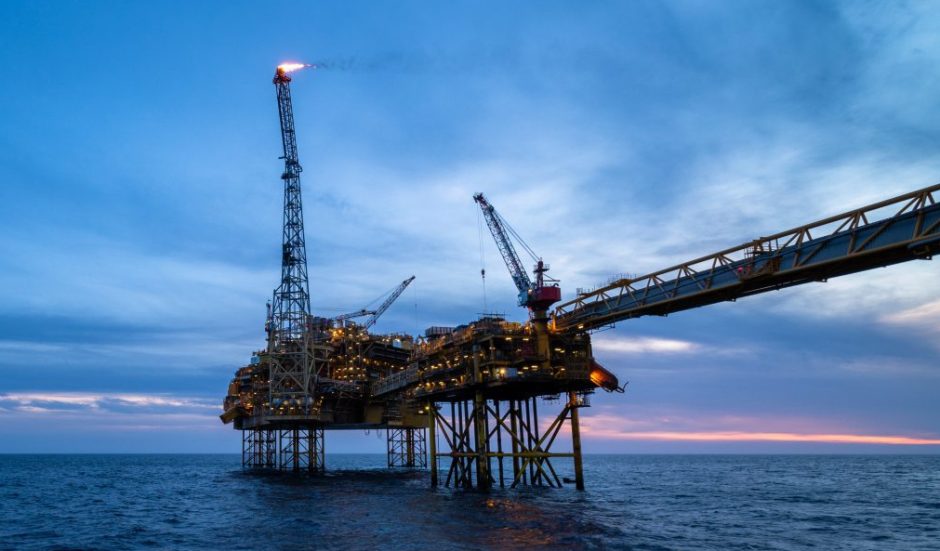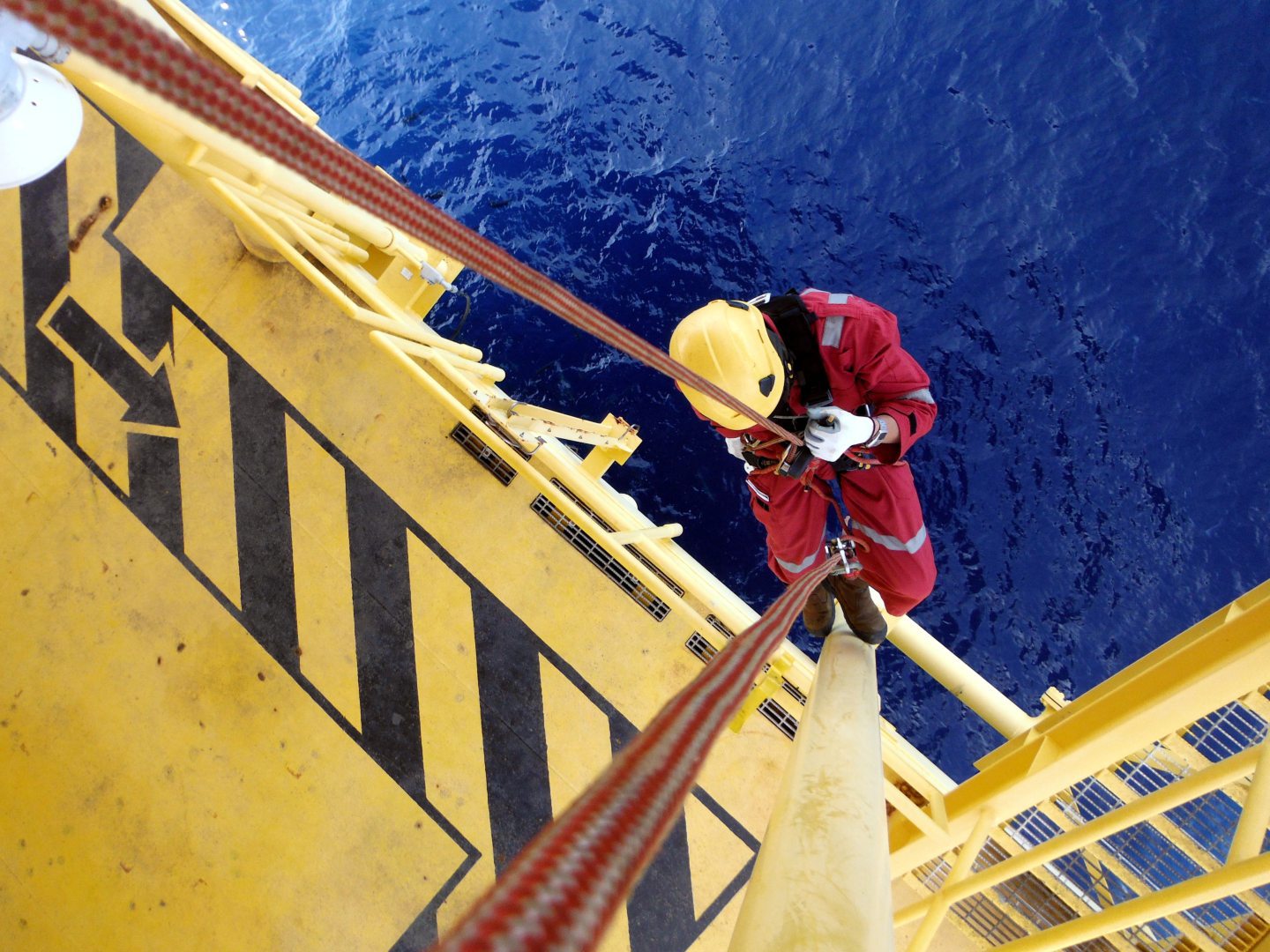
The GMB Union and the BRINDEX group of independent North Sea operators have urged the UK government not to ignore the concerns of oil and gas workers.
GMB, one of Labour’s biggest financial backers and a group made up of the North Sea’s biggest independent producers, have joined forces to criticise the party’s North Sea plans amid concerns that Chancellor Rachel Reeves is driving the sector towards a “cliff-edge”.
The warning comes as the government provoked widespread concern in the offshore sector after confirming it will increase the windfall tax on North Sea firms and remove “unjustifiably generous” investment allowances.
GMB and BRINDEX called for UK ministers to engage in “meaningful discussions” with the sector over the proposals.
It comes at UK Treasury minister James Murray prepares to meet with oil and gas leaders in Aberdeen today.
GMB general secretary Gary Smith said the union wants the voices of offshore workers to be “heard loud and clear in the corridors of power over the decisions affecting their livelihoods”.
“The government is rightly focused on a growth agenda after years of instability and industrial decline, and the transition presents a huge opportunity to unleash investment for jobs, infrastructure, and security,” Smith said.
“But that means creating the right conditions to turn that ambition into reality, and better cooperation between unions, industry, and government is fundamental to this because ‘business as usual’ won’t work.”
BRINDEX chairman Robin Allan said if the UK energy transition is going to be a success, then “change must be done with the people doing so much to keep the lights on”.
“Hard working families sustained by the oil and gas sector across the UK’s nations and regions deserve to be treated with respect from government – and so do our independent operators who support these livelihoods,” Allan said.
“That’s why we are urging the government to work with us and engage in meaningful discussions with the very people on whom they depend to help accelerate the UK’s industrial transition, growth, and energy security agendas.”
The two groups signed a deal last November to give workers a greater say over the future of offshore industrial relations.
Aberdeen ‘will pay the price’
Responding to the statement, Russell Borthwick, chief executive at Aberdeen & Grampian Chamber of Commerce, said: “The chamber, industry, investors, academics and unions are all aligned in their concerns about the impact that Labour’s policies will have on the North Sea oil and gas sector. Indeed, there is so much alignment on this issue, that even Aberdeen Labour described the plans as ‘economically illiterate’ prior to the election campaign.
“The simple fact is this; we need investment in new North Sea oil and gas fields to maintain jobs and offset declining production. Without that investment, production could halve by 2030, which places thousands – perhaps tens of thousands – of jobs at risk.
“We are already seeing investors walking away from deals – and if that gathers pace, then the jobs we have already lost to the windfall tax could be a drop in the ocean compared to what is to come.
“The energy transition requires a very tricky balance to be struck. We need to manage what will be the final phase of exploration and production in the North Sea and at the same time also need to unlock over one trillion pounds in investment to develop and build out the low carbon technologies of the future.
“The same workforce and supply chain are required to deliver both – but if we wind down oil and gas production before jobs are available at scale in renewables, then we lose the world class expertise built up over 50 years and Aberdeen will pay the price.”
Windfall tax plans
Earlier this year, the Labour party pledged to introduce a “proper windfall tax” on the oil and gas sector while in opposition.
After taking government, Chancellor Rachel Reeves confirmed some details of the plans last month, including an extension to the Energy Profits Levy (EPL) to 2030 and a 3% increase to the headline tax rate on upstream oil and gas activities.
But the North Sea sector is still awaiting further information on changes to investment allowances, set to be released in the Autumn Budget in October.
The UK government says money raised from the EPL measures “will support our clean energy transition, increasing security, and providing sustainable jobs for the future”.
But industry analysts and North Sea firms say the changes will force oil and gas companies to move their investments elsewhere and put thousands of jobs at risk.
Recommended for you


 © Shutterstock
© Shutterstock